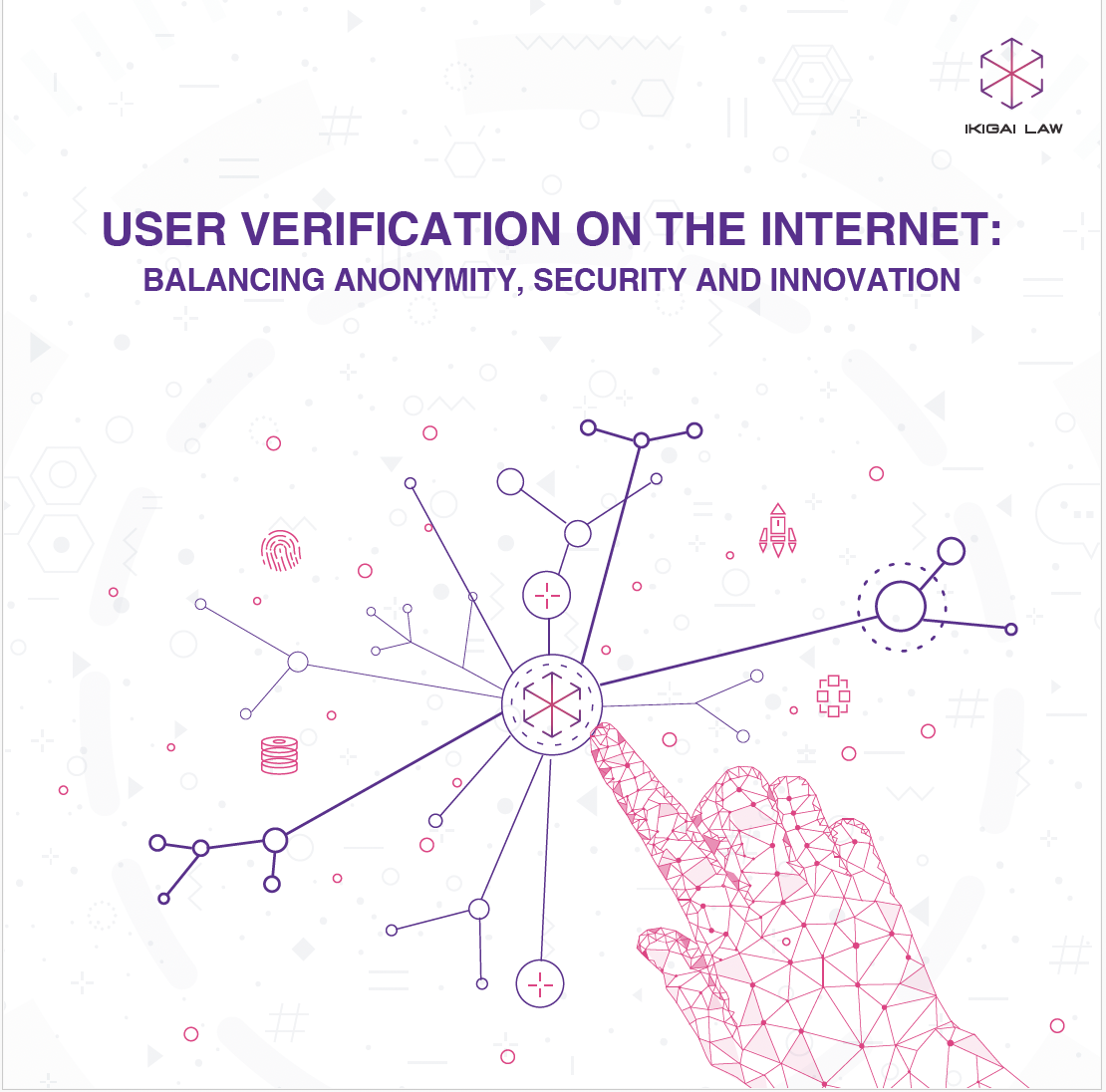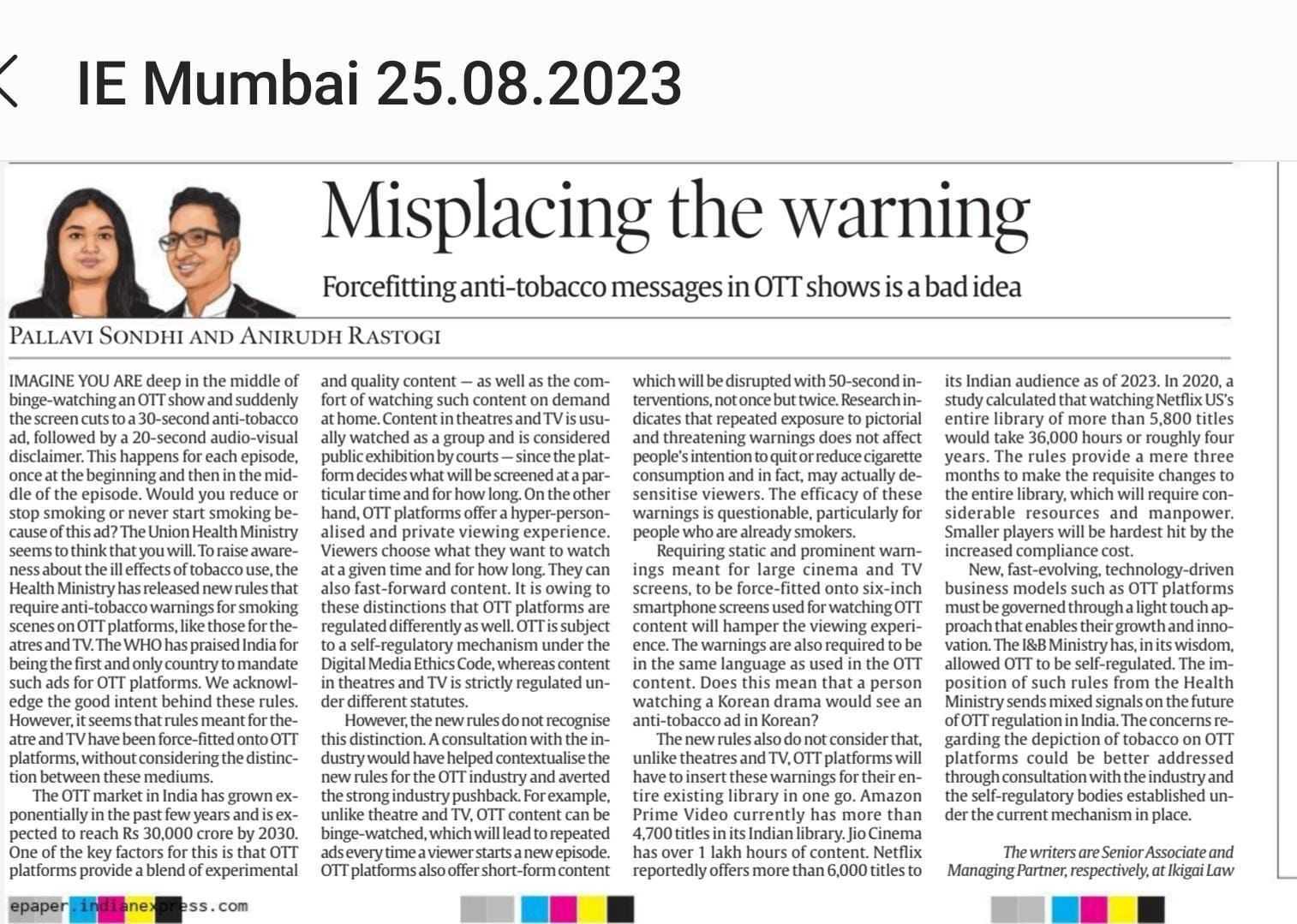Contracts executed through electronic methods, such as WhatsApp, SMS, or email are valid and binding in India, as long as such contracts fulfill the requirements under the Indian Contract Act, 1872 (“Contract Act”). Per the Contract Act a valid and legally binding contract must have an offer, acceptance of such offer, be for legal consideration, and be made in free will[1].
Validity of such electronic agreements is further enforced through Section 10A of the Information Technology Act, 2000 (“IT Act”) and Section 85A of the Indian Evidence Act, 1872. The IT Act does not mandate the need for a physical copy of the agreement to be executed unless such a term is a mandatory provision of the agreement for it to attain validity. However, there are certain caveats on the validity of transactions and documents regarding subject matters under the First Schedule[2] of the IT Act.
The validity of contracts entered into by email has been discussed in the case of Trimex International Fze. Limited, Dubai v. Vedanta Aluminium Limited, India[3]. The Supreme Court has deliberated over the issue of agreements executed over emails and held that “Unconditional acceptance of contract concluded orally or in writing [or by e-mail].. mere absence of a signed formal contract, would not affect either unconditional acceptance of contract or implementation thereof.” The case further elaborates that ‘proof of contract’ (in the absence of a signed agreement) can be established from documents approved and signed by the parties in the form of exchange of e-mails, letters, telex, telegrams and other means of telecommunications. In this case, acceptance was conveyed via e-mail using the words “we confirm the deal for five shipments”.
More recently in the case of Ambalal Sarabhai Enterprise Limited v. KS Infraspace LLP Limited[4], the Supreme Court examined the validity of agreements entered into by parties using a combination of communications over email and WhatsApp. The key inference drawn was the nature and language of the correspondences, which did not directly equate to affirmation, and therefore the agreement was invalid. The means of communication was not a concern, however, the Court stated that, “the WhatsApp messages which are virtual verbal communications are matters of evidence with regard to their meaning and its content (are) to be proved during trial by evidence-in-chief and cross examination.”… “The e-mails and WhatsApp messages will have to be read and understood cumulatively to decipher whether there was a concluded contract or not. The use of the word ‘final draft’ in the e-mail… cannot be determinative (of offer or acceptance) by itself”.
The courts, therefore, have accepted and provided that agreements may be executed electronically, so long as they meet the minimum criteria provided under the Contract Act and the IT Act. This includes agreements entered into via email as well as WhatsApp.
Authored by Vishwanathan Subramaniam, Intern with inputs from Darpan Singhi, Associate at Ikigai Law. Reach out to us at contact@ikigailaw.com.
[1] Section 4 of the Indian Contract Act, 1872; Section 7 of the Indian Contract Act, 1872.
[2](i) A negotiable instrument (other than a cheque) as defined in section 13 of the Negotiable Instruments Act, 1881.
(ii) A power-of-attorney as defined in section 1A of the Powers-of-Attorney Act, 1882
(iii) A trust as defined in section 3 of the Indian Trust Act, 1882
(iv) A will as defined in clause (h) of section 2 of the Indian Succession Act, 1925, including any other testamentary disposition by whatever name called.
(v) Any contract for the sale or conveyance of immovable property or any interest in such property.
[3] Trimex International Fze. Limited, Dubai v. Vedanta Aluminium Limited, India, (2010) 3 SCC 1
[4] Ambalal Sarabhai Enterprise Limited v. KS Infraspace LLP Limited, (2020) SCC OnLine 1










